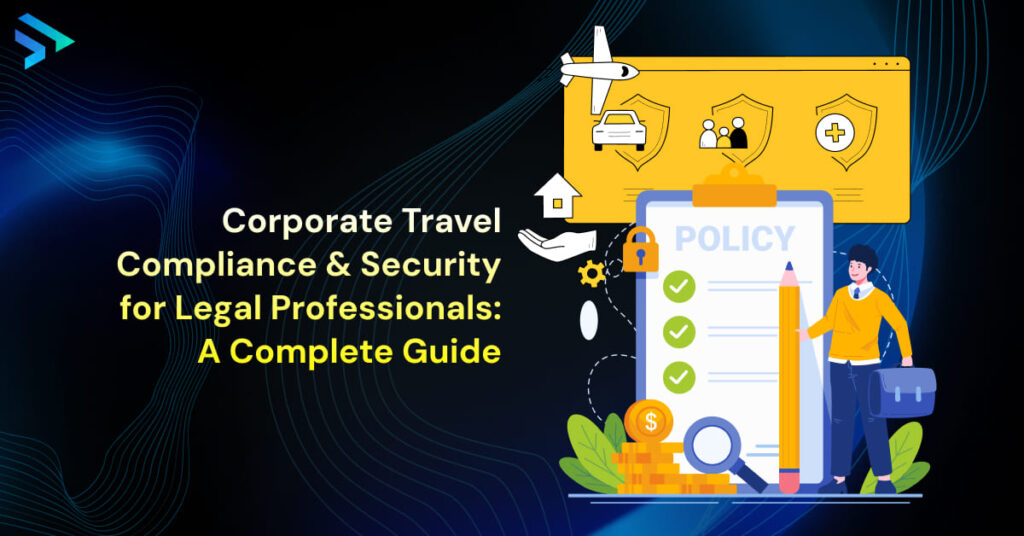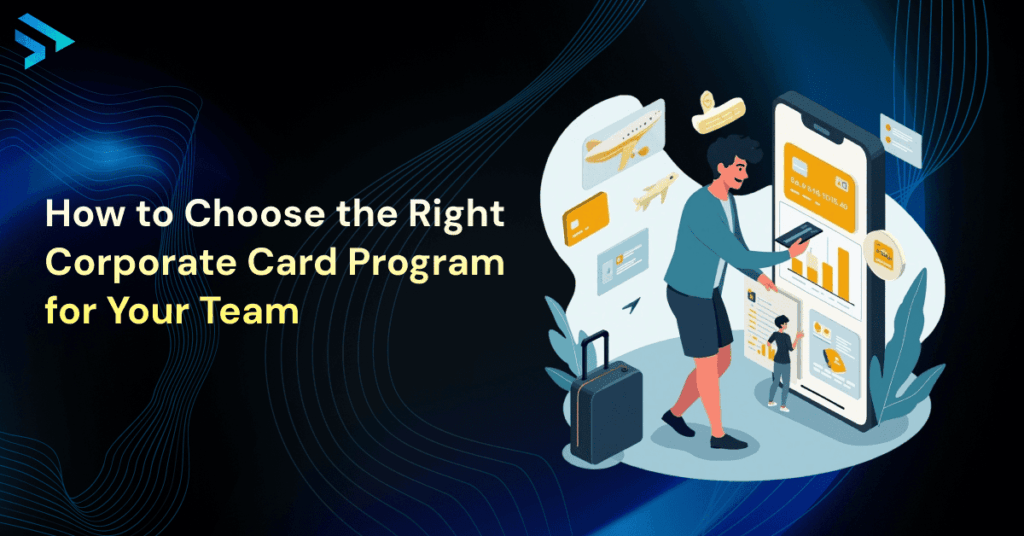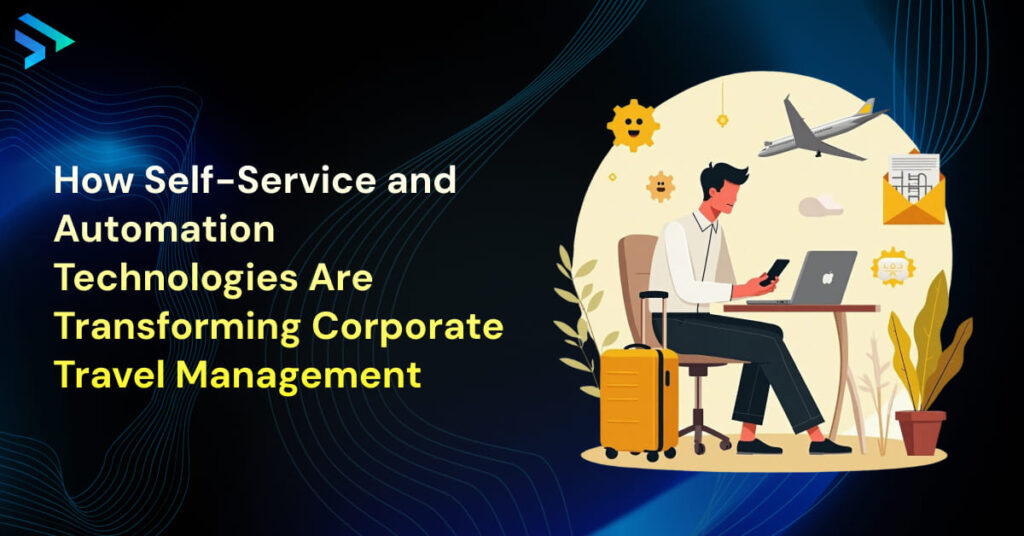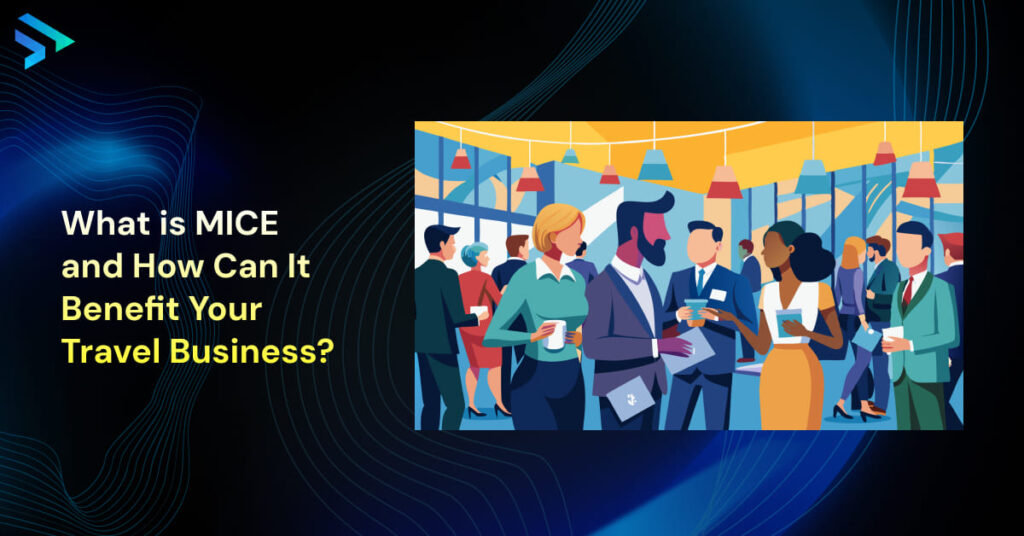For most professionals, business travel is routine. But for lawyers and legal teams? It’s a high-stakes balancing act. You’re not just catching a flight and submitting receipts you’re carrying sensitive client data, confidential case files, and high-value contracts every step of the way.
And the risks? They’re not theoretical.
Picture this: an attorney handling a high-profile IP case connects to the hotel Wi-Fi, checks email, downloads a file. Nothing unusual until that unsecured network opens the door to a cyberattack. Within minutes, the firm’s data is compromised.
In a field where confidentiality is everything, even one slip-up can be catastrophic.
This guide walks through the real risks legal professionals face when they travel and more importantly how to stay ahead of them.
What’s Really at Stake?
The legal industry isn’t just dealing with basic business risks. Travel mishaps in this space can mean:
| Risk Factor | Potential Consequences |
|---|---|
| Data breaches | Loss of privileged client data, regulatory penalties (GDPR, HIPAA violations) |
| Regulatory violations | Non-compliance with local and international laws, leading to fines or lawsuits |
| Expense fraud | Financial losses due to unauthorized claims, impacting firm budgets |
| Reputation damage | Loss of client trust, negative publicity, potential lawsuits |
According to IBM’s 2023 Cost of a Data Breach Report, law firms are especially vulnerable and the average breach now costs upwards of $4.4 million.
The Real Challenges of Legal Travel
1. Data Security on the Road
Lawyers are constantly reviewing sensitive emails, accessing digital case files, or joining secure client calls often from airports, hotels, or taxis. And that makes them a prime target.
The biggest cybersecurity risks?
- Logging into email or case management tools using hotel or airport Wi-Fi
- Losing a laptop or phone packed with confidential data
- Clicking on a phishing link disguised as a client email
How to stay protected:
- Always use a VPN. No exceptions.
- Enable multi-factor authentication on every single app and login.
- Never carry paper files if you don’t have to store them in encrypted cloud systems like iManage or NetDocuments.
Cybercrime isn’t slowing down. In fact, Cybersecurity Ventures projects global cybercrime will cost $10.5 trillion annually by 2025.
2. Compliance Isn’t Optional
Legal teams work across borders which means they’re subject to local laws, corporate travel policies, and international regulations. It’s easy to miss something.
Common missteps?
- Booking travel through non-approved channels
- Submitting expenses without proper documentation
- Running afoul of local data laws (like GDPR) or anti-bribery rules (like the FCPA)
Best compliance practices:
- Stick to firm-approved travel platforms (like SAP Concur or Egencia)
- Automate expense tracking it cuts down errors and makes audits easier
- Understand local regulations before arriving (especially for data handling)
The GBTA (Global Business Travel Association) found that nearly 40% of companies still don’t have formal travel policies a major blind spot for legal firms.
3. Expense Fraud Happens — Even in Law
You’d think a law firm would have airtight policies around expenses. But travel fraud is still one of the most common (and costly) slip-ups.
Common Types of Expense Fraud:
| Fraud Type | Example |
|---|---|
| Duplicate claims | Submitting the same receipt multiple times |
| Overstating costs | Inflating hotel or meal expenses beyond actual spending |
| Personal expenses disguised as business | Charging personal entertainment as client meetings |
How to prevent it:
- Use tools like Zoho Expense, SAP Concur, or Expensify to track spending in real time
- Require employees to use firm-issued cards to improve traceability
- Run regular audits even for top-billers
According to Chrome River, firms using automated expense systems save up to 20% on travel costs just by catching issues early.
4. Personal Safety: An Overlooked Risk
For lawyers handling sensitive or high-stakes cases think corporate fraud, whistleblower protection, or international litigation there’s another layer of risk: personal safety.
This isn’t paranoia. It’s reality.
Examples of real threats:
- Being followed or surveilled by adversaries
- Fake rideshare drivers targeting business travelers
- Hotel break-ins or theft of unsecured data
What helps?
- Only stay at vetted, secure hotels ideally those pre-approved by your firm
- Use trusted transportation (Uber Business, licensed providers)
- Don’t talk legal strategy in public, even at the bar in your hotel
According to International SOS, around 1 in 5 business travelers faces elevated security risks based on the nature of their work. Legal professionals? Often near the top of that list
Conclusion:Smart Legal Travel Starts with Smart Systems
The risks tied to legal travel aren’t going away but they can absolutely be managed.
It starts with strong cybersecurity habits, tight travel policy enforcement, real-time expense visibility, and a proactive safety mindset.
Because when your team is representing clients, handling sensitive data, or negotiating high-value contracts the stakes are just too high to wing it.
Firms that take this seriously don’t just protect themselves they protect their reputation, their finances, and their future.



